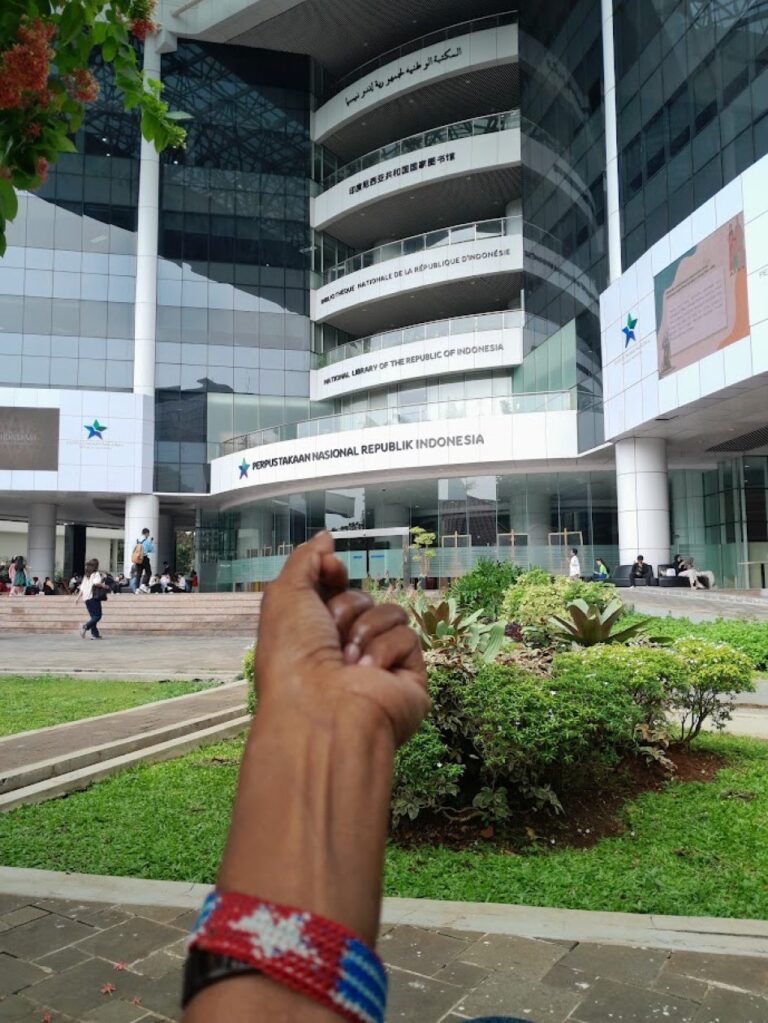The Impact of Smartphones on Generation Z’s Mental Health
The Smartphone Dilemma: Effects on Gen Z’s Mental Well-Being
Smartphones have become an integral part of our lives, especially for Generation Z, the cohort born roughly between the late 1990s and early 2010s. For this group, the smartphone isn’t just a gadget; it’s a lifeline, a social connector, and, at times, a profound source of anxiety. As we delve into the ways smartphones impact the mental health of Gen Z, we’ll uncover the nuances of this digital relationship and how it shapes their emotional landscape.
The Premise: Tech and Tension
Let’s face it: smartphones are everywhere. If you take a quick glance around a café or a classroom, you’ll likely see everyone glued to their screens. But have you ever stopped to wonder what all that screen time is doing to our mental state? Researchers have been digging into this for years, and the findings aren’t exactly comforting. While smartphones provide convenience and connectivity, they also create a paradox where the very tools designed to bring us together can leave us feeling isolated and overwhelmed.
The Social Comparison Trap
Imagine scrolling through your Instagram feed, sipping on your latte, and eyeing pictures of your friends at a beach party. While these snapshots look fun and carefree, they can create a sneaky little monster called social comparison. For Gen Z, whose self-esteem is often tied to likes and shares, this can be detrimental. Constantly comparing one’s life to curated highlights can lead to feelings of inadequacy and anxiety.
A study from the American Psychological Association highlights this very phenomenon. Young people frequently reporting high levels of social media usage also report increased feelings of depression and anxiety. It’s like the smartphone is a double-edged sword. Sure, we can stay in touch, but at what cost?
FOMO and the Fear of Missing Out
Here’s a fun phrase to throw around: FOMO. Everyone’s heard of it, but not everyone realizes how profoundly it impacts mental health. Gen Z grew up in a world rife with social media, and it’s no surprise that the fear of missing out on events, experiences, and even friendships can loom large.
Every time a notification pings, there’s a slight jolt of anxiety. What if I’m missing something? This continuous pressure to stay connected can lead to burnout—a persistent state of exhaustion, anxiety, and disappointment.
Overwhelming Digital Content
Now, let’s talk about the vast sea of information at our fingertips. The internet has made access to information easier than ever, but that can be a double-edged sword. With smartphones, Gen Z has the world’s wisdom, memes, and misinformation at their beck and call. The sheer volume of unfiltered content can become overwhelming and confusing.
Imagine standing on a busy street corner with cars buzzing by, each one screaming for your attention. It’s simple to see why Gen Z sometimes feels lost in this chaos. Information overload can lead to decision fatigue, where making choices becomes a daunting task.
Screen Time vs. Sleep Time
Let’s not forget about the classic tussle between screen time and sleep time. Scrolling through TikTok or binge-watching Netflix episodes late into the night can wreak havoc on sleep schedules. The blue light emitted by screens can interfere with the body’s natural circadian rhythms, making it tough to wind down.
Lack of sleep then leads to a myriad of issues: decreased cognitive function, irritability, and heightened emotional sensitivity. It’s a vicious cycle that many young adults find themselves trapped in, often culminating in a recipe for poor mental health.
The Anxiety Boomerang
Let’s take a moment to discuss anxiety, which seems to lurk in the shadows for many Gen Z individuals. With the constant barrage of information, social expectations, and a world in flux, it’s no wonder anxiety has become a prevailing concern.
Social media amplifies this feeling. The minute you post something, there’s a whirlwind of anticipation around likes and comments. Will people engage? If not, what does that mean about you? Anxiety in this digital realm can feel like a boomerang—what you put out often comes back in waves.
The Negative Effects of Cyberbullying
In an age where everything is online, bullying has also taken on a digital form. Cyberbullying can leave scars that last far longer than a fleeting remark made in person. Many young people face harassment at school or online, which can lead to feelings of isolation, depression, and even suicidal thoughts.
According to a study conducted by the Cyberbullying Research Center, almost 37% of adolescents reported being bullied online. This shocking statistic paints a grim picture and showcases the urgent need for awareness and intervention strategies.
Navigating the Path to Positivity
Despite the hurdles, it’s not all doom and gloom. There are ways to navigate this complex digital world while safeguarding mental health. Here are some tips for Gen Z to make the most of their smartphone experience while minimizing its negative impacts:
-
Set Limits: Use apps designed to track and limit screen time. It’s amazing how such small changes can create a noticeable difference in mood and sleep.
-
Curate Your Feed: Follow accounts that uplift you and make you feel good about yourself. Unfollow anything that brings negativity into your life—yes, it’s okay!
-
Take Digital Detoxes: Consider dedicating specific days or times where you disconnect completely. This can work wonders for your mental clarity.
-
Engage in Real-Life Connections: Nothing beats real-life interactions. Make it a point to spend time with friends and family, without screens in the way.
-
Seek Professional Help: If the weight of anxiety and stress becomes overwhelming, reaching out to a therapist can be incredibly beneficial. There’s absolutely no shame in seeking help.
Finding Balance: The Role of Mindfulness
In a world dominated by screens, practicing mindfulness can reconnect Gen Z with their inner selves. Taking a moment to breathe, reflect, and appreciate the present can foster resilience and enhance emotional well-being. Whether it’s through meditation, yoga, or simply heading outside for a walk, these activities encourage a healthier mindset.
Conclusion
The relationship between Gen Z and smartphones is both complex and multifaceted. While these devices offer connection and convenience, they also create a whirlwind of challenges that can affect mental health. By recognizing the potential pitfalls and actively seeking balance, this generation can harness the power of technology without succumbing to its pressures.
Finding ways to promote mental well-being in a digital world is crucial. It’s all about using smartphones as tools for connection, rather than sources of anxiety. So, what’s your go-to strategy for handling screen time?
FAQs
1. What are the primary mental health impacts of smartphone use on Gen Z?
The main impacts include heightened anxiety, feelings of inadequacy from social comparison, and increased risk of cyberbullying, along with sleep disturbances due to excessive screen time.
2. How does FOMO affect individuals in Generation Z?
FOMO can lead to increased stress and anxiety as individuals feel pressured to stay connected and participate in social events, often resulting in emotional burnout.
3. What measures can young people take to limit smartphone-related stress?
Setting screen time limits, following positive influencers, performing regular digital detoxes, and fostering in-person connections can alleviate stress.
4. How does cyberbullying differ from traditional bullying?
Cyberbullying occurs online and can follow victims everywhere they go, unlike traditional bullying, which is often confined to specific locations like schools.
5. Can mindfulness and meditation help mitigate the negative effects of smartphone use?
Yes! Mindfulness practices can help individuals manage stress and anxiety, promoting a healthier relationship with technology.







